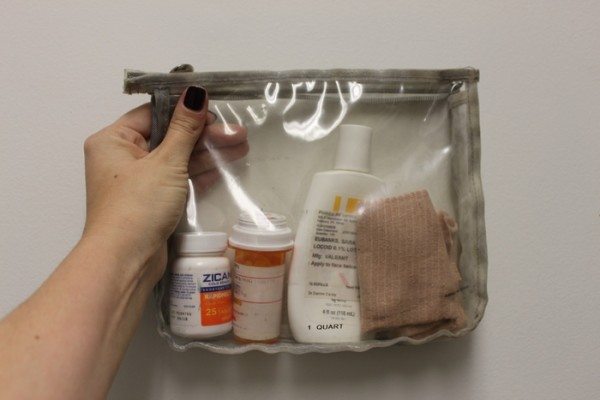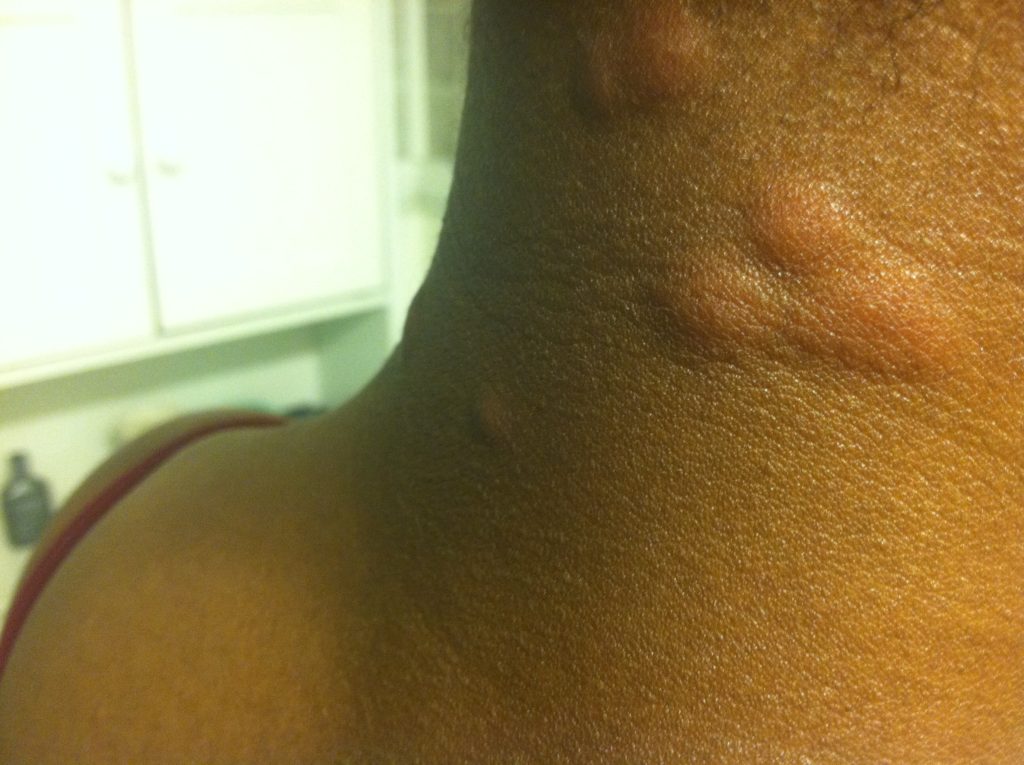It’s the middle of the year. The weather’s getting warmer, kids are looking forward to the long break from school. Some people are looking forward to taking a break from hectic work schedules and travelling somewhere. Some of these trips have been planned way in advance. Tickets bought, activities lined up, excitement building up as the travel date approaches.
However it is important to consider a few health tips while planning for a (summer) vaccation.
Check If You Need Vaccinations
Certain diseases are more prevalent in certain countries/parts of the world, so when planning your trip it is important to bear this in mind. Check with the Centers for Disease Control and Prevention (CDC) to see if they recommend any vaccinations for your intended destination before traveling. The need for vaccines depends on which countries you will be visiting, your current health, and your planned activities. Some countries insist that you show proof of your vaccination status before you can enter the country. Vaccines against hepatitis, typhoid, rabies, yellow fever, may be beneficial when traveling to certain countries. Additionally, it is wise to ensure you are up to date on vaccinations against the flu, pertussis, tetanus, and diphtheria. You can visit the CDC to determine whether you should consider vaccination before traveling abroad.
Pack medications
When traveling to a foreign country, it can be helpful to bring along any medications you may need. If you have a chronic illness which is being managed with medication, make sure you have sufficient supply for the duration of your trip. Also check with the government of the country you will be visiting to determine if there are any restrictions regarding medications you may bring into the country. In addition to your usual prescriptions, you may want to pack medications for treating illnesses that may arise. Examples of medications that may be useful are pain killers, anti-inflammatories, antidiarrheal agents, and first aid items.

Carry Antibacterial Wipes
The best way to keep your hands clean and prevent sickness causing bacteria is washing hands with soap and water. While traveling, soap and water may not always be accessible, so protect your health by carrying antibacterial wipes and hand gel. These handy products can help fend off germs beginning at the airport. Use them to wipe down the armrests on waiting room chairs at the gate. Give the airplane tray table a good scrubbing before placing your food or other belongings on it.. Since you may not be able to leave your seat on the plane due to turbulence or instructions from the flight crew, use antibacterial gel to disinfect your hands before eating on the plane.
Stretch Your Legs
If your travel plans involve a long flight or car ride, be sure to provide your muscles and circulatory system a break from sitting. Sitting for long periods not only causes your muscles to cramp, but it can also create a dangerous deep vein thrombosis (DVT). A DVT occurs when your circulation becomes sluggish, allowing a blood clot to form. It can be tricky moving around when on a plane, especially if you’re not sitting in an aisle seat, but try to get up and move around during a long flight. Another good idea is to buy thromboembolic stockings to wear while on your flight. When traveling by car, plan to stop every two hours for a short break to stretch your legs.
Use Sunscreen
If you live in Nigeria (which is a tropical country) sunscreen should already be a part of your routine. When visiting a sunny location, be sure to pack your sunscreen. Apply sunscreen with an SPF of at least 30 each morning before heading outdoors. If you spend time on the beach or in a pool, be sure to reapply your sunscreen after swimming. Make certain to apply sunscreen to your face, ears, scalp, and the tops of your feet. A wide-brimmed hat can protect your scalp, neck, and face from the sun’s harmful rays as well. Additionally, a good pair of UV-protective sunglasses will protect your eyes from damaging rays.
Prevent insect Bites
Insect bites can be painful but they can also cause other problems because some insects carry diseases such as dengue, West Nile virus, yellow fever, and malaria. Be cautious when visiting areas where mosquitoes or biting insects are a problem. Apply insect repellent spray. Additionally, wearing long clothing and sleeping under a mosquito net can help prevent insect bites.

Now that you’ve read this, hopefully you’re a bit more prepared to go forth and be summer time fine, home or abroad.










